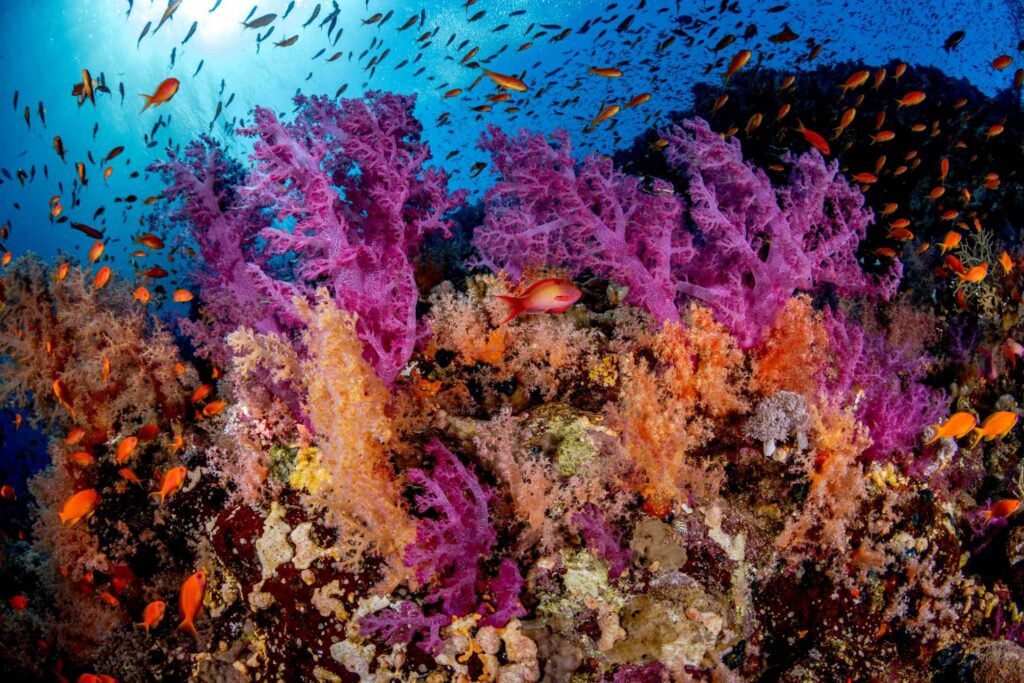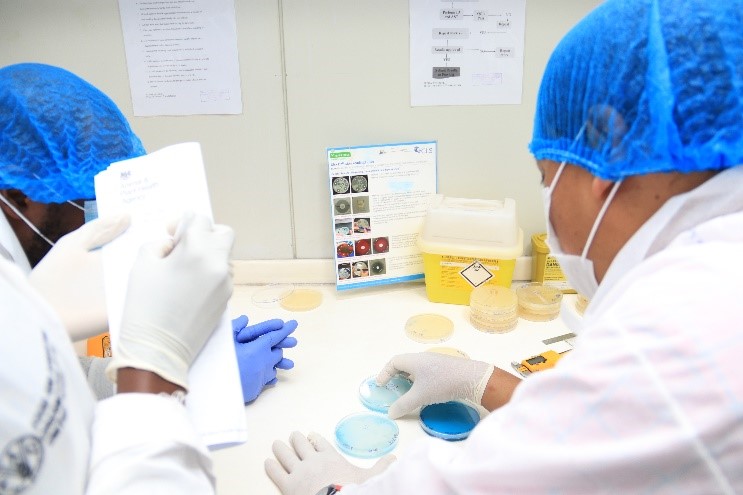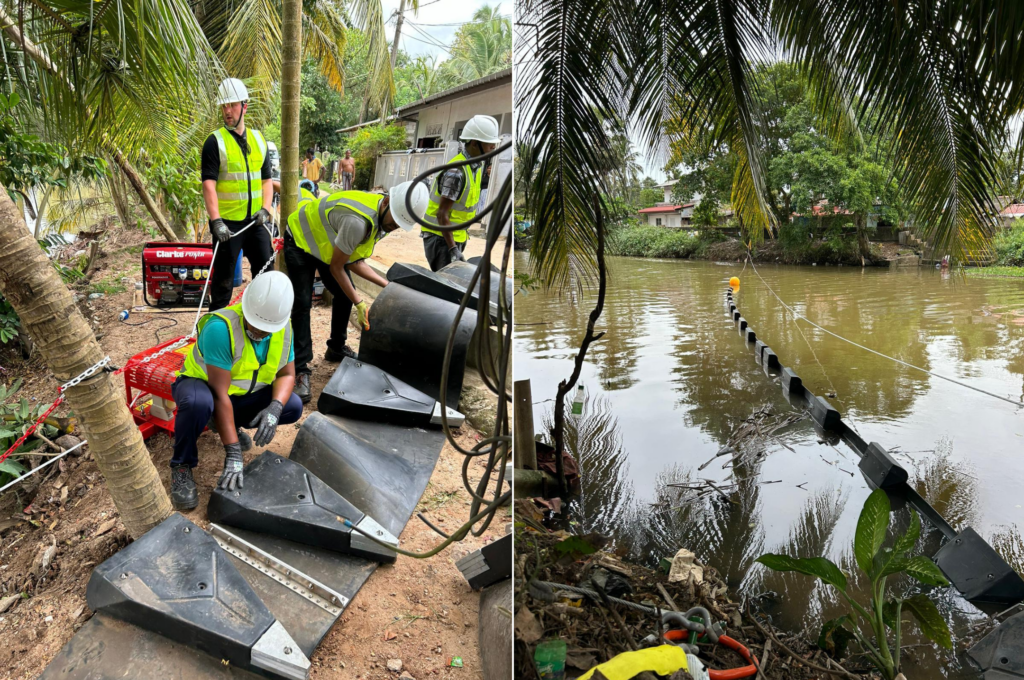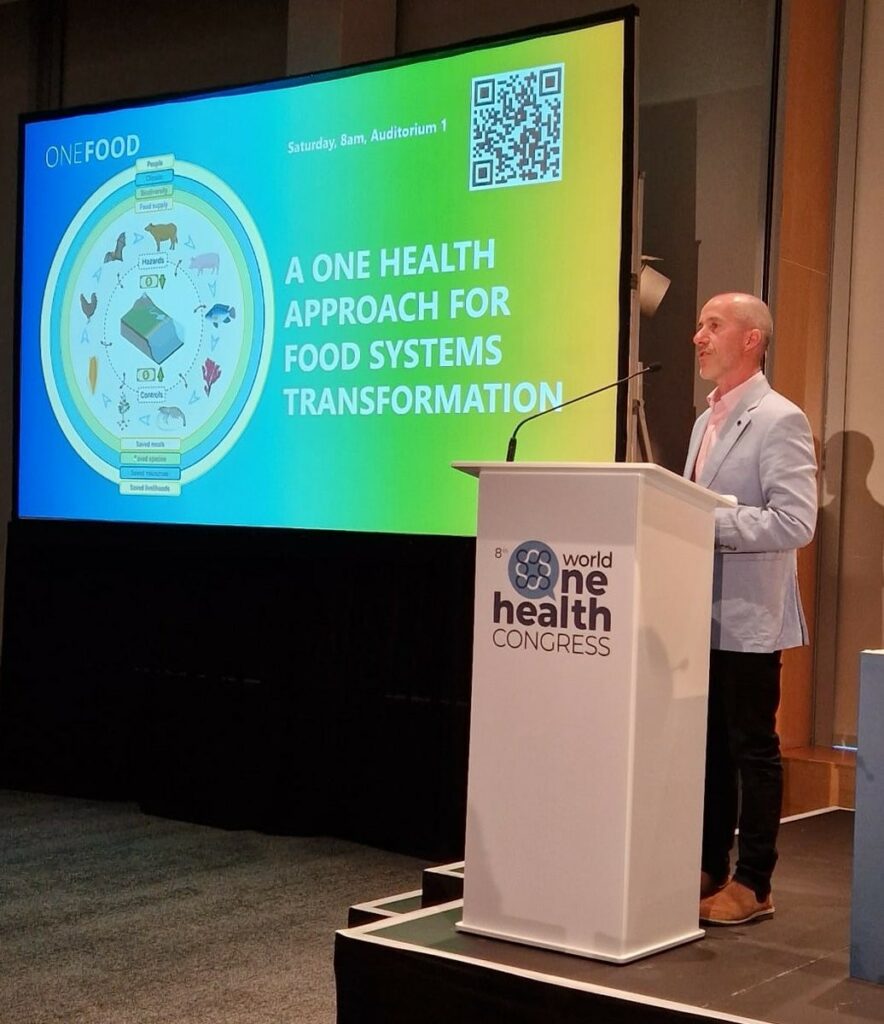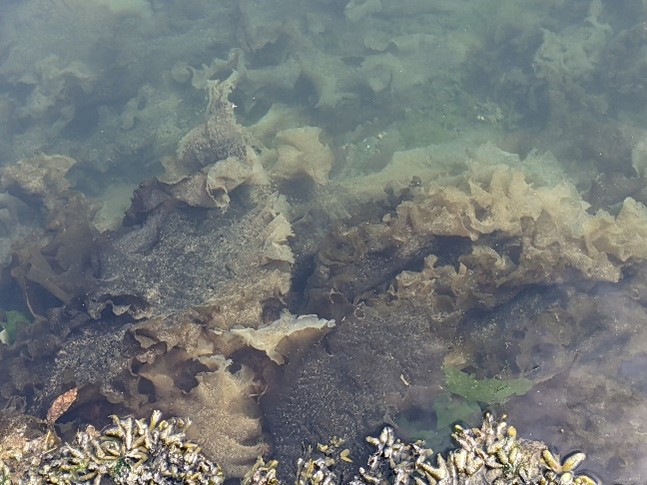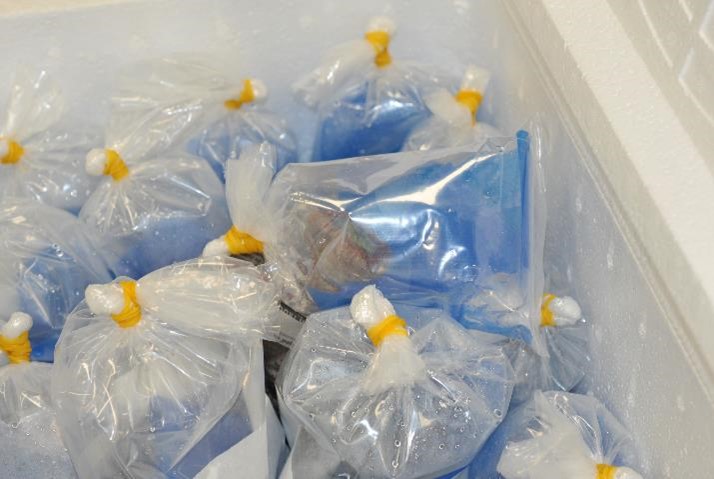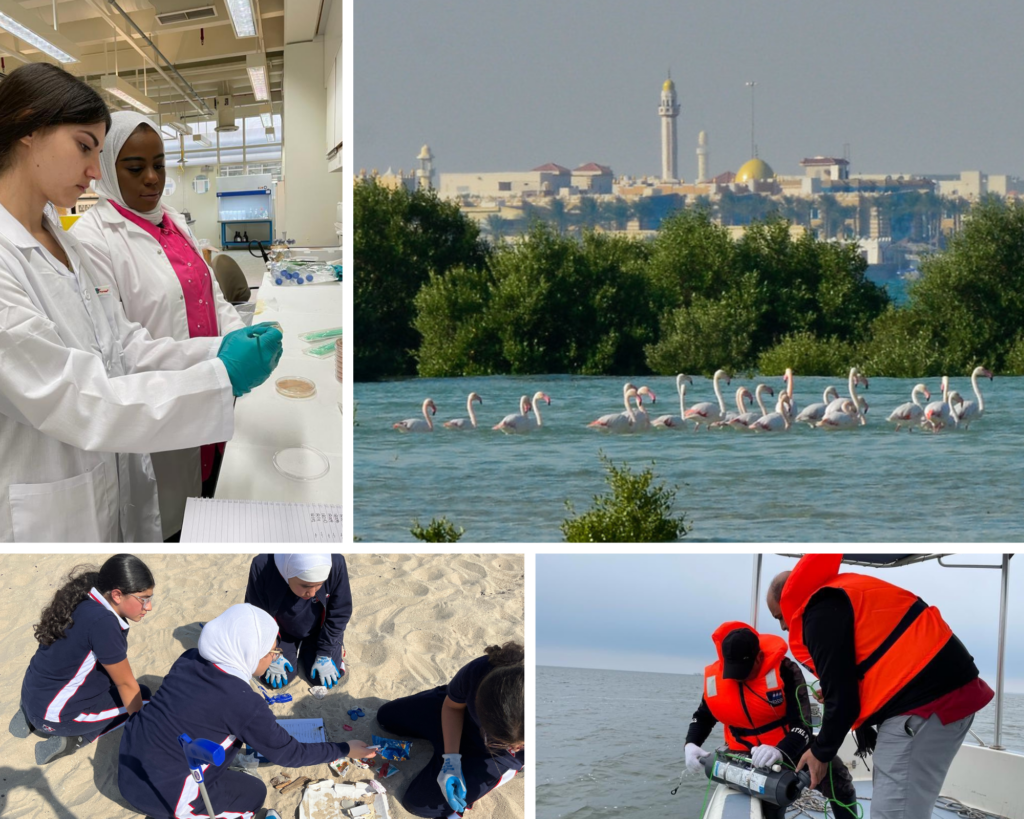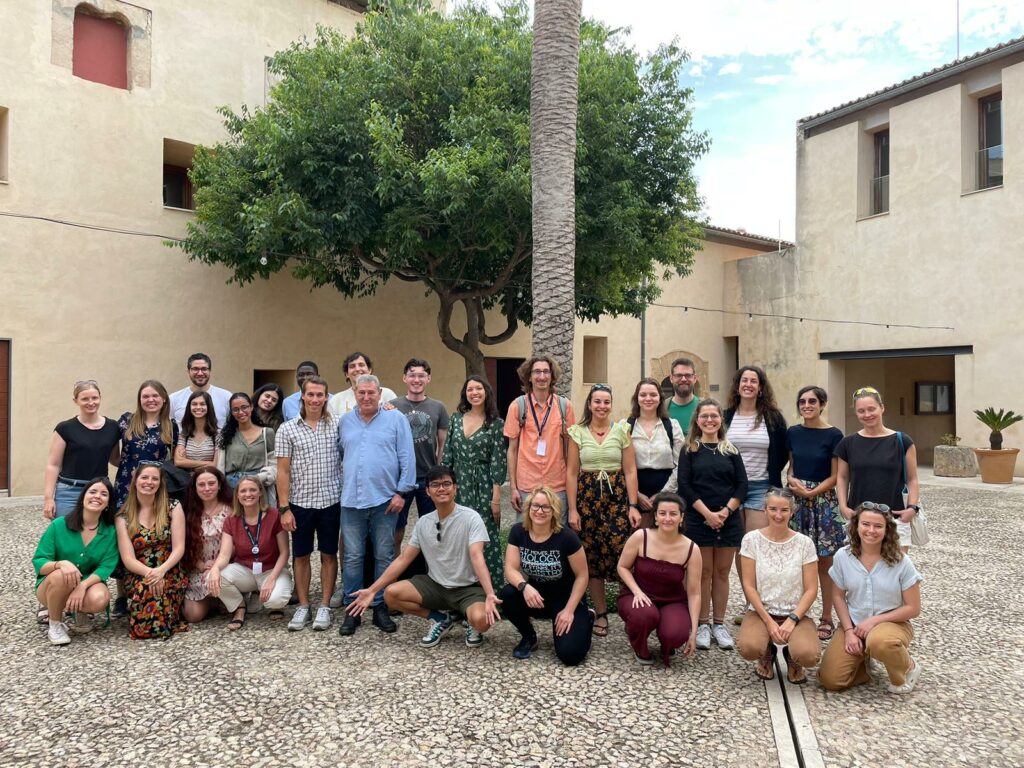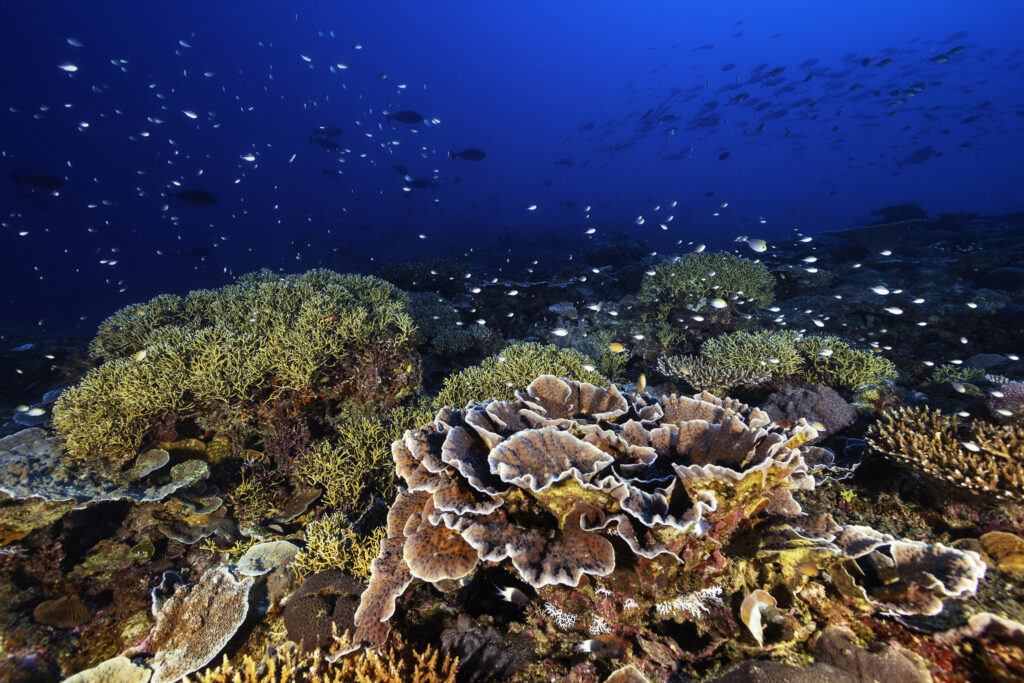International
Coral reefs are vital for our oceans. They are among the most diverse and productive ecosystems on the planet, providing habitat for a vast array of marine life. They also provide livelihoods for over 600 million people, and coastal protection …
World AMR Awareness Week 2024 takes place this week, 18-24th November, a global campaign to raise awareness and understanding of Antimicrobial Resistance (AMR) and to promote best practices to reduce the emergence and spread of drug-resistant infections. Antimicrobial resistance occurs …
Authors: Peter Randall, Charlotte Reeve, Alessandra Bielli, Bryan-Goodsir Thompson, Kelly Bateman, Angharad Elliman Through the Ocean Country Partnership Programme (OCPP), Sri Lanka and the UK are collaborating to tackle the three key challenges of marine biodiversity, marine pollution and sustainable …
Authors: Julie Bremner (Cefas), Grant Stentiford (Cefas), Flavie Vial (APHA), Essa Suleman (CSIR) The UK government’s Animal and Plant Health Agency (APHA) and Centre for Environment, Fisheries and Aquaculture Science (Cefas) recently attended the 8th World One Health Congress (WOHC) …
Every new industry or technology requires funding to survive, initially for research and development (R&D), developing processes and products, and then to scaling up to a viable business. A lot of the initial research is supported by public funding, which …
Written by Jamie Small, from the Joint Nature Conservation Committee (JNCC), on behalf of JNCC and Cefas, The UK government's Ocean Country Partnership Programme (OCPP) team share updates on oiled wildlife response training recently delivered in Sri Lanka. JNCC and …
It’s a dark, damp evening in February 2023 when staff from UK Border Force’s CITES team are called to Heathrow’s Animal Reception Centre to inspect a shipment of hard coral. A mismatch between the CITES permit and its packing list …
Our Climate, Health, and Environment Resilience Programme (CHERP) has recently kicked off another year of activity in the Middle East. With the UN Climate Change COP28 currently underway in the region, we are taking a look back at what we …
First things first, who am I? I'm James, an Offshore Fisheries Observer and team leader at Cefas. I have been doing the observer role for almost 4 years now, so I am very much an early career (fisheries) scientist. I …
Coral reefs are one of the most important ecosystems in the world, supporting up 25% of the ocean’s marine life. However, warming temperatures and ocean acidification have led to a decline in coral reef richness in much of the tropics. In …
